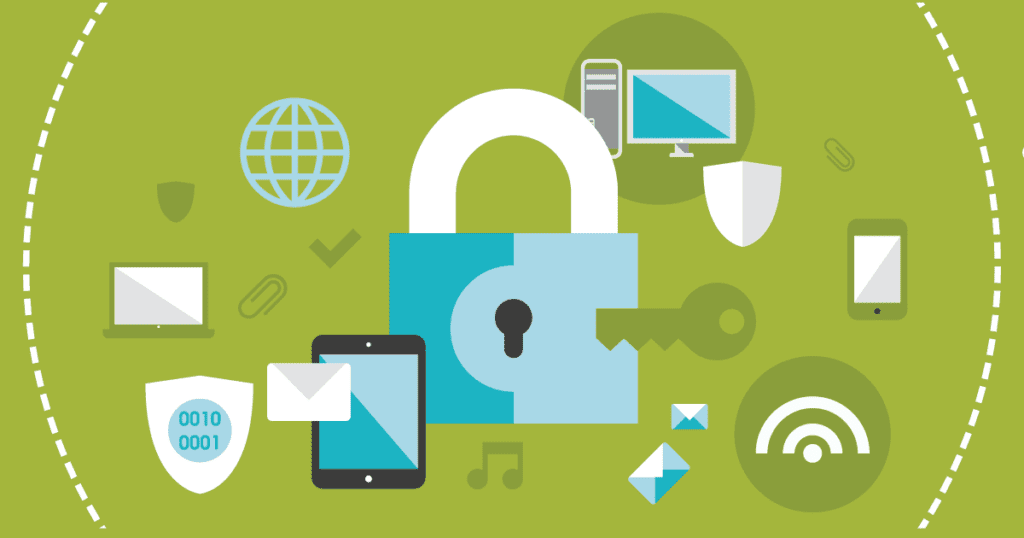
In today’s digital world, payroll firms handle large volumes of sensitive employee data, including Social Security numbers, bank details, addresses, and salary information. These details are valuable not only to businesses but also to cybercriminals. A single breach can lead to significant financial and reputational damage. Thus, protecting sensitive employee data is not just a legal obligation but also a critical aspect of maintaining client trust.
Understand the Importance of Data Encryption
Encrypting is one of the most effective ways to protect sensitive employee information. Encryption ensures that even if data is intercepted or accessed without authorization, it remains unreadable without the corresponding decryption key. Modern encryption techniques, such as AES (Advanced Encryption Standard), can shield data from prying eyes during transmission and at rest.
For payroll firms, encryption should be applied to all sensitive data, whether stored on a server or transmitted across the Internet. Secure protocols such as HTTPS are also crucial for web-based access to payroll data.
Implement Role-Based Access Control (RBAC)
Not every employee in your payroll firm needs access to all data. Implementing Role-Based Access Control (RBAC) ensures that employees only have access to the information necessary for their specific job roles. This minimizes the risk of accidental or malicious data exposure.
With RBAC, employees are assigned different levels of access based on their roles within the organization. For example, HR managers might need access to certain financial data, but payroll clerks may not require full access to sensitive employee details like Social Security numbers.
Ensure Regular Security Training for Employees
Human error is one of the leading causes of data breaches. Therefore, regular training for all employees is critical. Employees should be trained to recognize phishing attacks, create strong passwords, and properly handle sensitive data. By keeping staff informed of the latest cybersecurity threats, payroll firms can significantly reduce the risk of a data breach due to human error.
Additionally, employees should be educated on your firm’s data protection policies and procedures. Ensuring that everyone understands the consequences of a data breach can foster a culture of security awareness and aid in protecting sensitive employee data.
Protecting Sensitive Employee Data by Utilizing Multi-Factor Authentication (MFA)
One layer of protection is often not enough to safeguard sensitive data. Multi-Factor Authentication (MFA) adds an extra level of security beyond passwords. With MFA, users must provide at least two forms of identification to access sensitive data, such as a password and a temporary code sent to their phone.
MFA can significantly reduce the chances of unauthorized access, even if a password is compromised. Payroll firms should implement MFA for all systems and applications that contain sensitive employee data.
Regularly Update Software and Systems
Outdated software and systems are vulnerable to known exploits, which hackers can easily leverage. Payroll firms can close these security gaps by regularly updating all software, including payroll management systems.
Many software vendors release updates to patch security vulnerabilities. Payroll firms must stay on top of these updates and apply them as soon as possible. Automating the update process can help ensure that systems are always up-to-date without manual intervention.
Backup Data Securely
Data backups are crucial for protecting sensitive information from loss due to cyberattacks or technical failures. However, they must be secure, as unsecured backups can become easy targets for hackers.
Ensure all backup data is encrypted and stored in a separate, secure location. Regularly testing your backup system is also vital to ensure you can restore critical data quickly in case of an emergency.
Comply with Relevant Regulations
Data protection regulations vary by region, but most payroll firms must comply with certain standards, such as the General Data Protection Regulation (GDPR) or the Health Insurance Portability and Accountability Act (HIPAA), depending on the type of data they handle. These regulations provide guidelines on how to manage and secure sensitive data properly.
Payroll firms must stay up-to-date with regulatory changes and ensure their practices are always compliant. Non-compliance can lead to hefty fines and damage to the firm’s reputation.
Conclusion
Protecting sensitive employee data should be a top priority for payroll firms. Implementing strong encryption, restricting access to data, and keeping systems updated can significantly reduce the risk of data breaches. Equally important is fostering a culture of security awareness through employee training and staying compliant with relevant regulations.
A secure approach not only protects your clients’ employees but also builds trust, ensuring the long-term success of your payroll firm.
If you’d like more information on protecting sensitive employee data and strengthen your firm’s cybersecurity practices, follow the links below for additional resources and guidance.
How Hiring a Payroll Service Can Help You Avoid the 3 Most Common Mistakes Made by Employers
